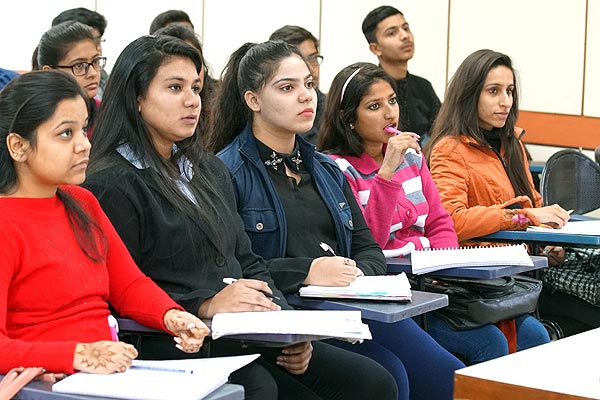The UCAS application process is a critical juncture for thousands of higher education applicants in the UK.
Over the years, the UK’s university admissions service has progressively evolved, aiming to offer an improved experience to applicants. This evolution includes significant changes such as Clearing Plus in 2020, the introduction of UCAS Hub merging UCAS Apply and UCAS Track in 2021, and the incorporation of new widening participation questions in 2022.
However, one of the most notable upcoming transformations is the scrapping of the personal statement from 2024. This decision has raised numerous questions about how this change will impact applicants and the admissions process.
Does this impact the older UCAS questions answers training?
It does, and here is how and why:
Why is UCAS Scrapping the Personal Statement from 2024?
The decision to eliminate the traditional personal statement stems from a comprehensive consultation process undertaken by UCAS in collaboration with the Department of Education.
This consultation involved gathering feedback and insights from various stakeholders, including nearly 15,000 students, universities, colleges, conservatoires, and over 700 teachers and their representative bodies. These efforts culminated in the “Reimagining UK Admissions” report.
One of the central findings of this report was that students had mixed sentiments about the conventional UCAS personal statement. Many applicants heavily relied on external input to ensure their statements were comprehensive and practical.
By transitioning to a new format that splits the statement into sections, the aim is to make it more straightforward for students to determine which supporting information is significant for their application. This change is intended to enhance the quality of responses, make it easier for applicants to present themselves favourably, and increase their comprehension of what to include in their submissions.
What Will Replace the Personal Statement?
Instead of the traditional personal statement, admissions staff in universities and colleges have introduced new sections to the application process.
The new sections include:
Motivation for Course: This section prompts applicants to articulate why they want to study specific courses. It encourages them to consider their career aspirations and passion for the subject.
Preparedness for Course: This might involve reflecting on formal learning, such as the A-level curriculum, and identifying skills and competencies relevant to their desired courses.
Preparation through Other Experiences: Applicants are encouraged to describe activities beyond formal education that have contributed to their preparedness. This could encompass extracurricular learning, involvement in sports or social clubs, work experience, and more.
Extenuating Circumstances: While not mandatory, this section allows students to contextualize their achievements and experiences.
Preparedness for Study: This section encourages students to reflect on their transition to higher education. It prompts consideration of the shift to more independent learning and, in some cases, independent living.
Preferred Learning Styles: In this section, applicants can express their preferences for learning and assessment styles that best suit them. This includes their choice between contact time and independent study, group projects, solo work, and assessment formats.
Bottom line
In conclusion, removing the traditional personal statement from the UCAS application process significantly shifts how applicants present themselves to universities and colleges. This change, informed by extensive consultation, is poised to enhance the authenticity of responses.
It underscores the importance of understanding how to answer UCAS questions effectively, as these answers will play an increasingly vital role in securing a place at the institution of one’s choice.


